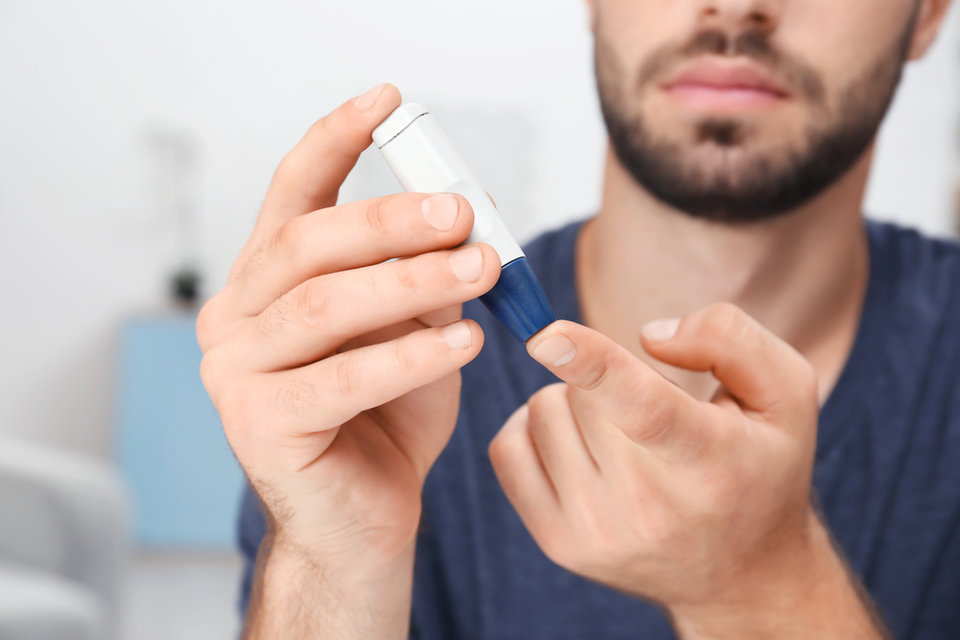
Tidepool Loop and the future of digital diabetes care
GlobalData projects that innovation in digital platforms and devices will be critical for long-term type 1 diabetes management and that the app format of Tidepool Loop will be a gamechanger for AID systems.
At the beginning of 2021, Tidepool announced the 510(k) submission of Tidepool Loop to the Food and Drug Administration (FDA).
Tidepool, a 501(c)(3) non-profit organisation focused on accessible, actionable, and meaningful diabetes data, is one of the few companies in the FDA’s digital health software precertification pilot programme, and Tidepool Loop would be the first app approved by the FDA to work as a part of an automated insulin delivery/dosing (AID) system or ‘artificial pancreas’.
GlobalData projects that innovation in digital platforms and devices will be critical for long-term type 1 diabetes (T1D) management and that the app format of Tidepool Loop will be a gamechanger for AID systems and achieving glycemic control.
While the potential for a disease-modifying therapeutic or ‘cure’ for type 1 diabetes is uncertain, key opinion leaders (KOLs) interviewed by GlobalData have been staunch in their belief that the future of T1D management is continuous glucose monitoring (CGM), and ultimately, an AID solution.
Working towards automated insulin delivery
The biggest barriers to the success of AID have been the control algorithm and the need for faster insulins. Novo Nordisk’s fast-acting insulin aspart (FIAsp) and Eli Lilly’s insulin lispro-aabc (Lyumjev) have the moniker of ‘ultra-fast’.
However, neither are fast enough for optimal AID usage. While even faster insulins are in development, the FDA has approved two early commercial AID systems, the Medtronic MiniMed 670G and Control-IQ from Tandem Diabetes Care.
AID works with a pump and sensor system where a CGM sensor shares information about the patient’s blood glucose level to a ‘controller’ algorithm that calculates the optimal insulin dose needed to reduce blood glucose highs and lows.
The controller then commands the pump to change its insulin delivery. For both approved AID systems, the controller or receiver is a separate handheld device that must be carried.
The Tidepool Loop app bridges the need for an additional controller device as the app itself serves as the interoperable automated glycemic controller, working in conjunction with CGM and pump usage, and also, as a digital platform to track and monitor all blood sugar data and algorithm calculations conducted.
Tidepool shows patient data in hourly, daily, and weekly interactive graphs to identify and discover trends and patterns. In addition, patients and physicians can see information about blood glucose after a pump site change or how frequently routine maintenance tasks are being conducted.
As such, the education on CGM and data interpretation is critical to management as KOLs interviewed by GlobalData have noted. The rise of closed-loop systems should not translate to glycemic ignorance.
T1D is a disease that needs to be actively managed, and while the artificial pancreas may make management easier, patients need the data transparency to continue to maintain T1D awareness.
App-based control: from DIY to regulated
The need for a web/app-based controller is expressed by the open-source diabetes community and the T1D patients, developing DIY closed-loop systems through apps such as Loop and OpenAPS, which enable patients to program and calculate their own algorithms to work with their CGM sensors and devices.
Compared to the marketed AIDs, the DIY loops have a level of transparency that provides patients with more control over how the technology their life depends on actually works.
However, the DIY algorithms are not FDA-regulated and rely on an insulin pump loophole that was common in pumps developed prior to 2015.
GlobalData expects that Tidepool Loop can capitalise on the work done through the open-source groups and will emphasise the education and data transparency that Tidepool loop can provide as the easy access and monitoring by both patients and physicians will have a significant impact on a patient’s ability to achieve glycemic control.
Tidepool has also entered partnerships with three major diabetes device manufacturers – Dexcom, Insulet and Medtronic.
The Dexcom G6 CGM is being developed to be fully supported by Tidepool Loop and at launch, and patients will be able to choose between a future version of the Omnipod from Insulet and Bluetooth-enabled MiniMed pump from Medtronic to design a loop system that works for them.
For more insight and data, visit GlobalData's Medical Intelligence Centre
COMMENT from